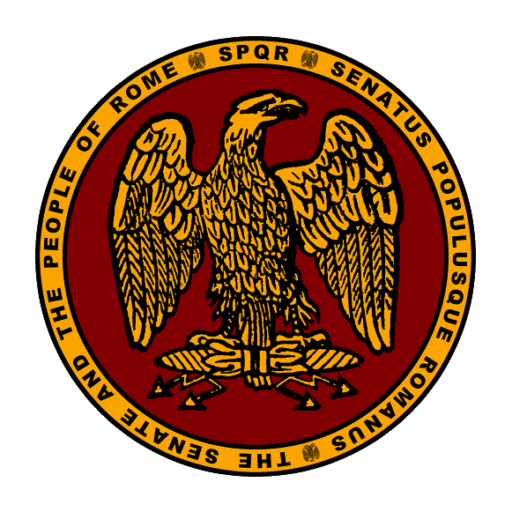The Internet is a massive construct that is reachable nearly anywhere on the Earth with every smaller network within all being connected in order to create a global network. Naturally, this would grant access to essentially the entirety of the human population which may pose risks as those considered undesirable would have access as well and may post harmful or malicious things on the internet. In order to prevent this, or limit this, many ISPs and governments have incorporated censorship into their algorithms that administrate the internet access provided to their respective populations. Although this may be a collaborative effort of influential organizations, censorship on the internet can be a daunting task due to the international nature of the internet, the controversiality of the impediment of freedom of speech and due to the greater depth of the internet beyond the Clearnet. With all of these considerations, and more, censorship on the internet may be an immensely difficult task as well as a controversial one.
Accessible from the majority of the developed known world, the internet’s administration and moderation are dependent on numerous organizations and governments rather than some sort of umbrella organization that had autonomy to maintain its integrity. It’d be entirely incomprehensible to believe that the internet can be regulated to a degree satisfactory to maintain integrity on all bounds of the internet. Although it is true that governments can regulate within their regions to meet their expectations to what they choose to censor or not, through the use of VPNs and similar technology, these bounds can be entirely hurdled, and their populations can still access restricted material freely. The fact that the Internet is a global network makes this characteristic a very important one for why it is difficult for censorship and has limited solutions due to the individuality of each nation and their policies.
The controversiality of what is and isn’t freedom of speech is a very common topic of discussion and disagreement and is very applicable to what determines the difficulty of censorship on the Internet. Varying from country to country and from ideology to ideology, freedom of speech has a broad definition with no real particulars being defined on a global standard. Although freedom of speech isn’t exactly applicable in all countries, for the countries that are adhering to a form of the doctrine have a general consensus on what is considered to be protected beneath it. To apply censorship to any material on the Internet, besides the blatantly malicious material, could very well be considered an impediment of freedom of speech. To have a government or organization regulate everything Internet users put on the Internet may impede more rights than just those of speech as this would require the government to apply surveillance on a wide spectrum and violate privacy as well. These aspects of the Internet are certainly difficult issues to overcome.
There is a greater depth to the Internet than the Clearnet, or the “mainstream internet”, that is used by everyone on a regular basis. The existence of the Darknet, or dark web, creates a near impossible issue for Internet censorship as these websites and what they host would require immense number of resources to prevent them from being accessed and even then, may still well be impossible. The Darknet is privy to many, and mostly, things that would widely be accepted as material to be censored. From child pornography to illicit drug sales and weapon sales to prostitution and murder-for-hire, the Darknet is filled with material that should not be accessible to anyone in the first place. The fact alone that it has not already been censored is an exhibit to the difficulty of Internet censorship. This characteristic of an accessible Darknet that can be accessed by anyone, anywhere, with the correct software is something that makes Internet censorship unattainable.
Internet censorship has a multitude of characteristics that make censorship of its contents an arduous task that many have tried to work towards already. Even through a collaborative effort of influential organizations, censorship on the internet has proven to be a daunting task due to the international nature of the internet, the controversiality of the impediment of freedom of speech and due to the greater depth of the internet beyond the Clearnet. In addition to these mentioned reasons, there are many more that have gone unmentioned and there are many more that people would think up to bypass censorship in the future as well. The Internet may never well be censored to a degree satisfactory for any or all and perhaps that is for the best as to avoid impediment of any freedoms, as long as the malicious material is widely inaccessible to the general population.

